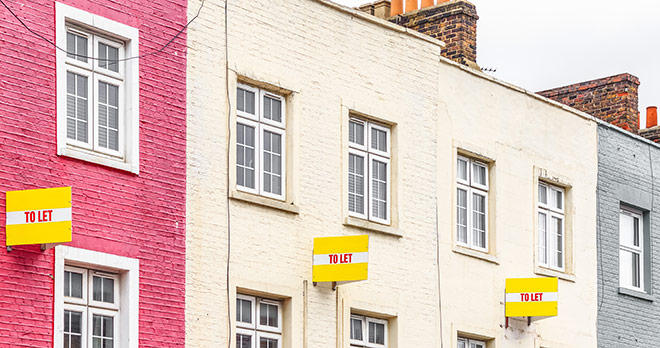Received significant injury compensation? Here’s one way you can protect it

Often there are fairly obvious immediate expenditures, such as buying and adapting a home to the individual's needs, clearing any debts they may have, and buying any specialist equipment they may need.
Once these actions have been completed, the next question is what to do with the money that remains. This money has to last the rest of their lives and that can be a very long time. Clients therefore need to consider not only protecting that sum but also ensuring it works for them, either by producing a regular income or by growing enough to provide them with the funds they need now and in the future. In reality it is often a mixture of both.
A potential investment option
There are a variety of options available to clients and some may seem more appealing than others. One of the most common options, however, is to invest in buy-to-let property. This course of action is especially important at a time when tangible assets are a more secure form of investment.
Property is seen as a good investment in the UK, and something that most of us aspire to in our lifetime. It's also something real that you can see and touch. In uncertain times such as the pandemic we are currently experiencing, people naturally feel bricks and mortar is a safer investment especially when the news is frequently highlighting the falls in the stock market.
Property prices are known for increasing steadily over time, meaning clients who invest in buy-to-let property not only benefit from the increase in value of the property over time but also the receipt of a regular income from the rent. It therefore seems like a win/win solution for clients, but it needs to be considered carefully as there can be many pitfalls.
What to consider when finding a buy-to-let property
One of the first things you need to consider is that buying a buy-to-let property is a business transaction and not a personal one. The goal is to make money. Therefore the property you buy needs to be one that produces the best rental income, costs the least to maintain, grows the most in value, and is in an area where there won't be a shortage of people wanting to rent.
Often people buy a property that they would like to live in but forget that they won't be living there, and there is a cost to purchasing a property in solicitor's fees, surveys and stamp duty. Clients may be thinking: the Government has said there is no stamp duty for property under £500,000 currently. However, this only applies to a property you are buying to live in. Buy-to-let property does benefit from a reduction in stamp duty payable at 3%, however this still works out as an extra £4,500 on £150,000 property. You don't want to be spending this to buy a property that you like but potential renters won't.
Furthermore, landlords are also responsible for the maintenance of the property; an older property can mean a lot more ongoing maintenance costs. Apartments also mean the landlord needs to pay the ground rent and maintenance charges associated with the apartment.
Whatever property you choose to buy, you then need to find someone to live there and the easiest way to do this is through a letting agent. The agent can also manage any ongoing tenancy at the property and so deal with queries and issues on your behalf, but this cost will be deducted from the rent you receive. You will also need to maintain insurance for any issues arising with the property or from difficult tenants.
Challenges for new landlords and other things to consider before entering the buy-to-let market
The laws relating to property rentals have changed in recent years with an increasing focus on protecting tenants.
This can mean that evicting difficult tenants is difficult and costly and right now, due to the coronavirus pandemic, the Government has put a hold on eviction proceedings until 23 August. This may mean that you have tenants in a property who may not be paying rent or are damaging your property for months before you can force them to move out.
However, there are plenty of great tenants out there, who pay on time and maintain the property as if it were their own. When you find a tenant like this it really does make the whole process worthwhile.
Another thing to consider is the tax implications. Rental income is subject to income tax and will most likely require you to complete a self assessment tax return each year. In addition, the increase in the value of the property will be subject to capital gains tax when you do eventually sell it on.
Probably the biggest factor though, if you find yourself receiving significant compensation, is whether you can afford to put all your eggs in one basket.
By owning your own property and a buy-to-let property you have a lot of money which is not easy to access. If you find yourself in a position where you need funds for something you can't sell just a part of a property, you may find you need to sell a property which you didn't really want to just to release some of the money and/or may be forced to sell at a lower price if you need money urgently. Having a sizeable rainy day fund is therefore a very important part of managing money and ensuring that you don't find yourself in this position.